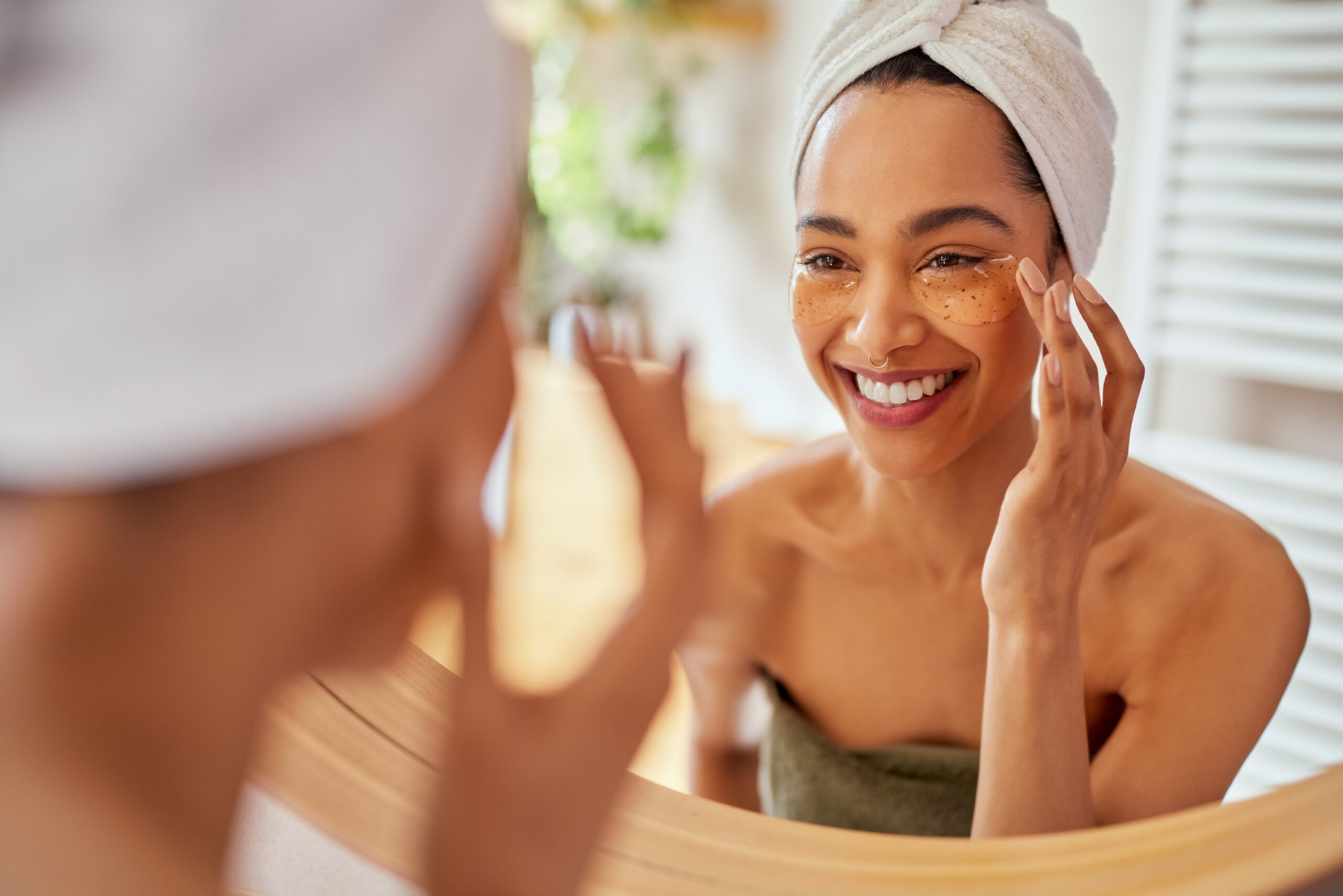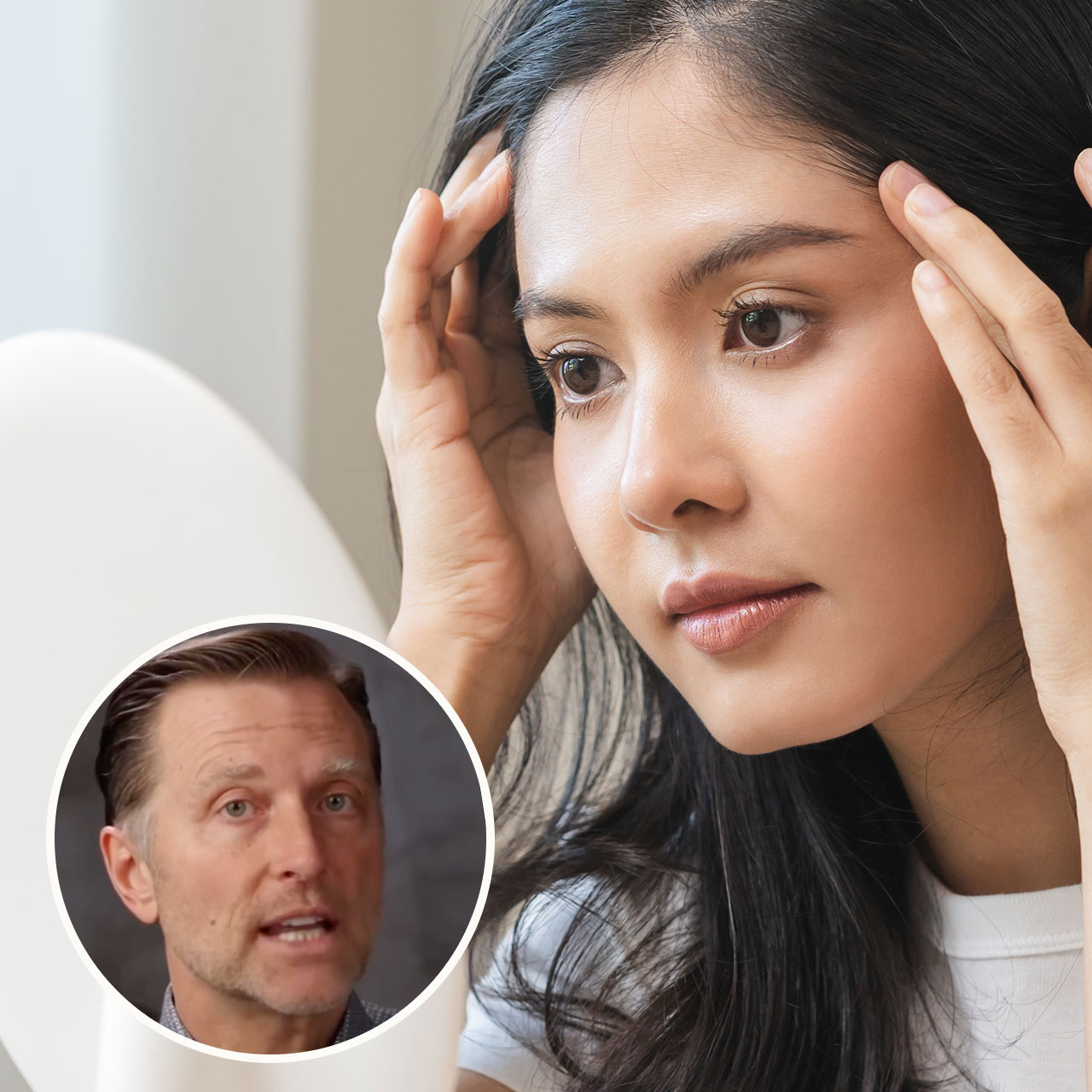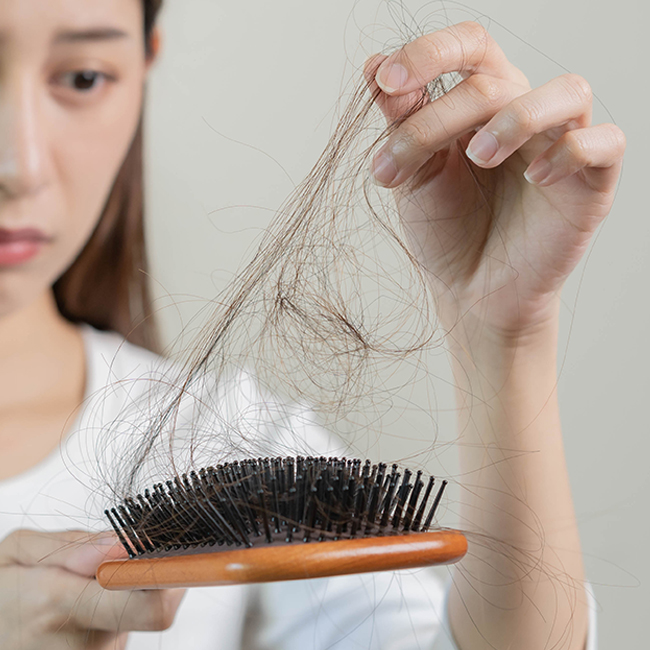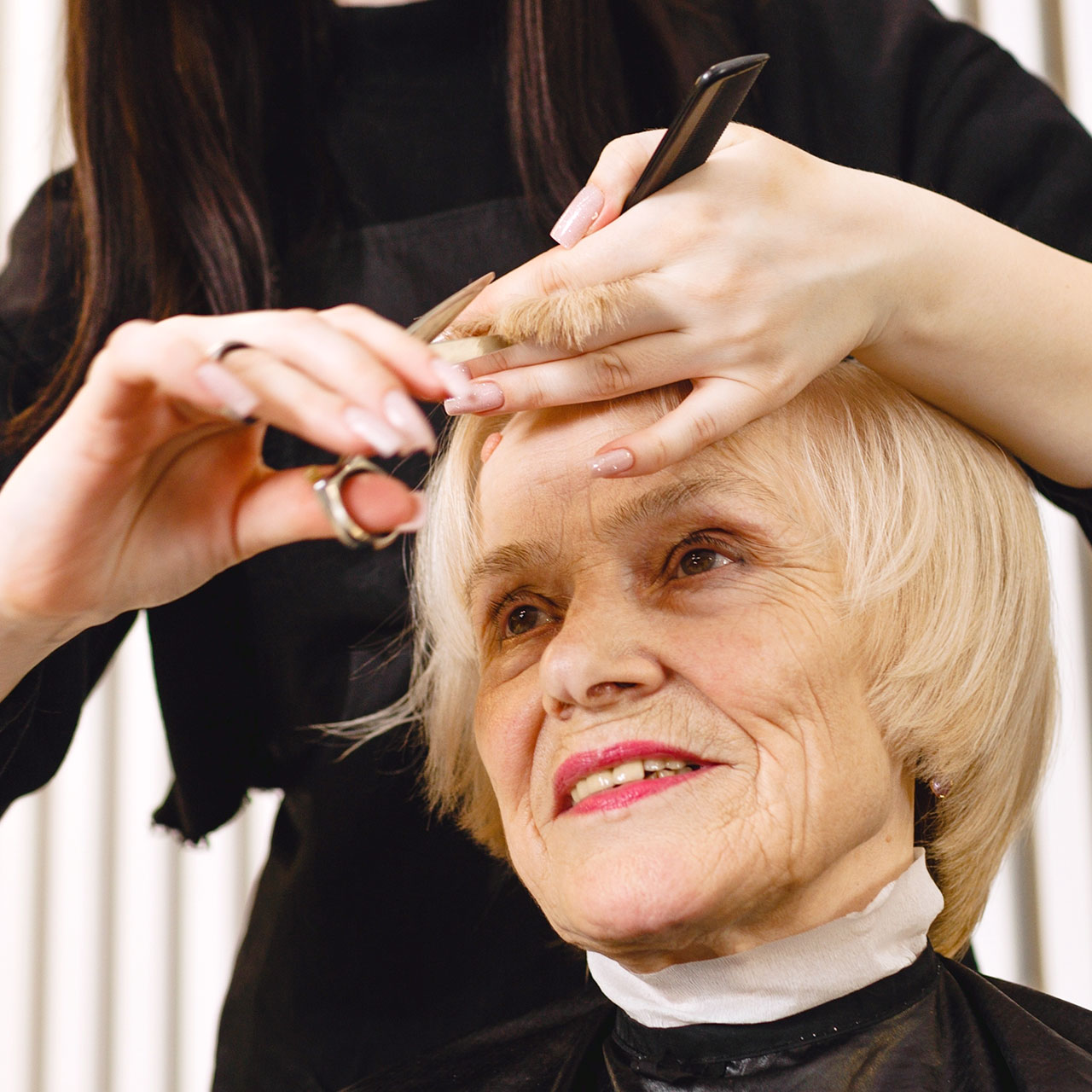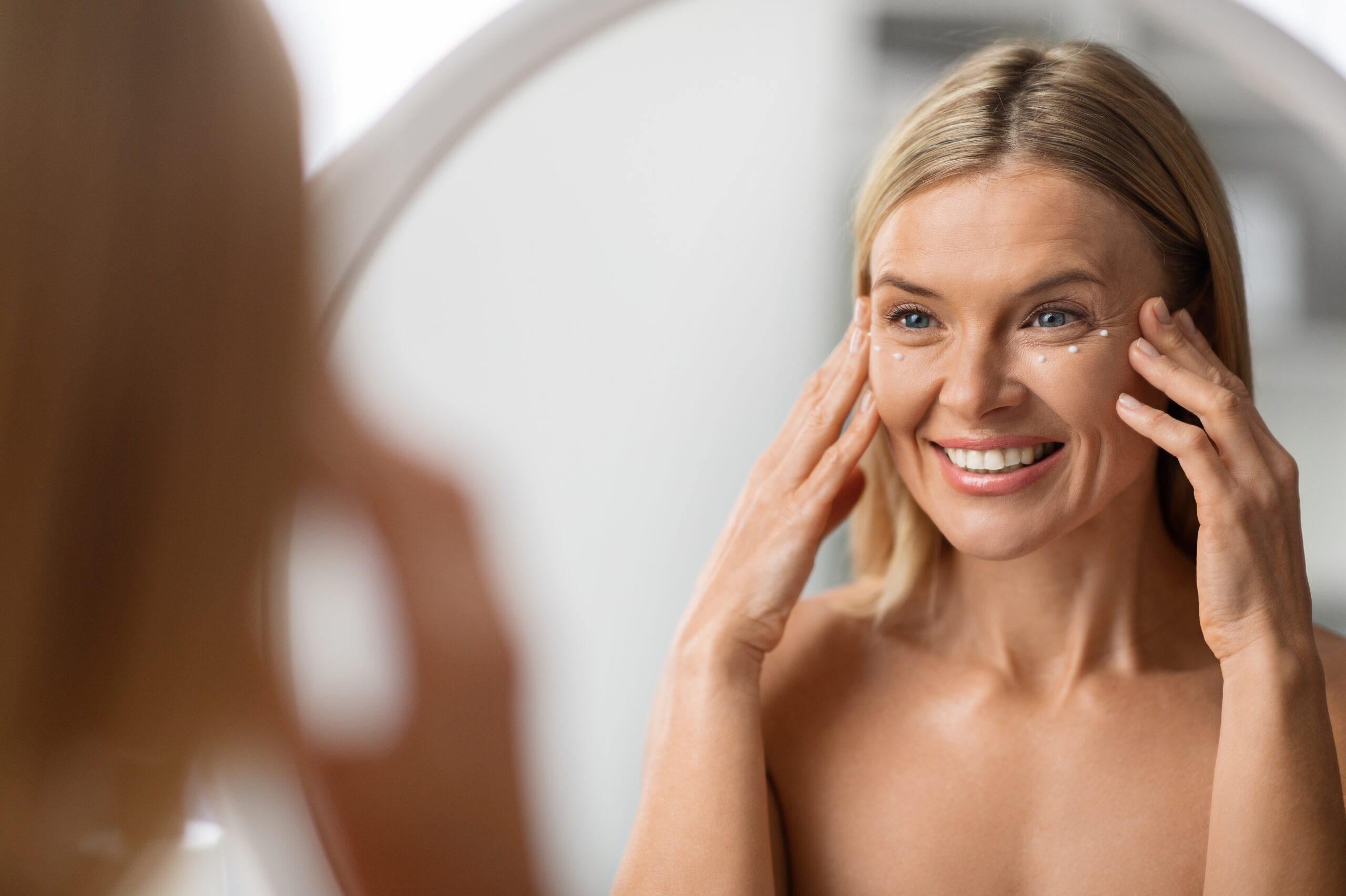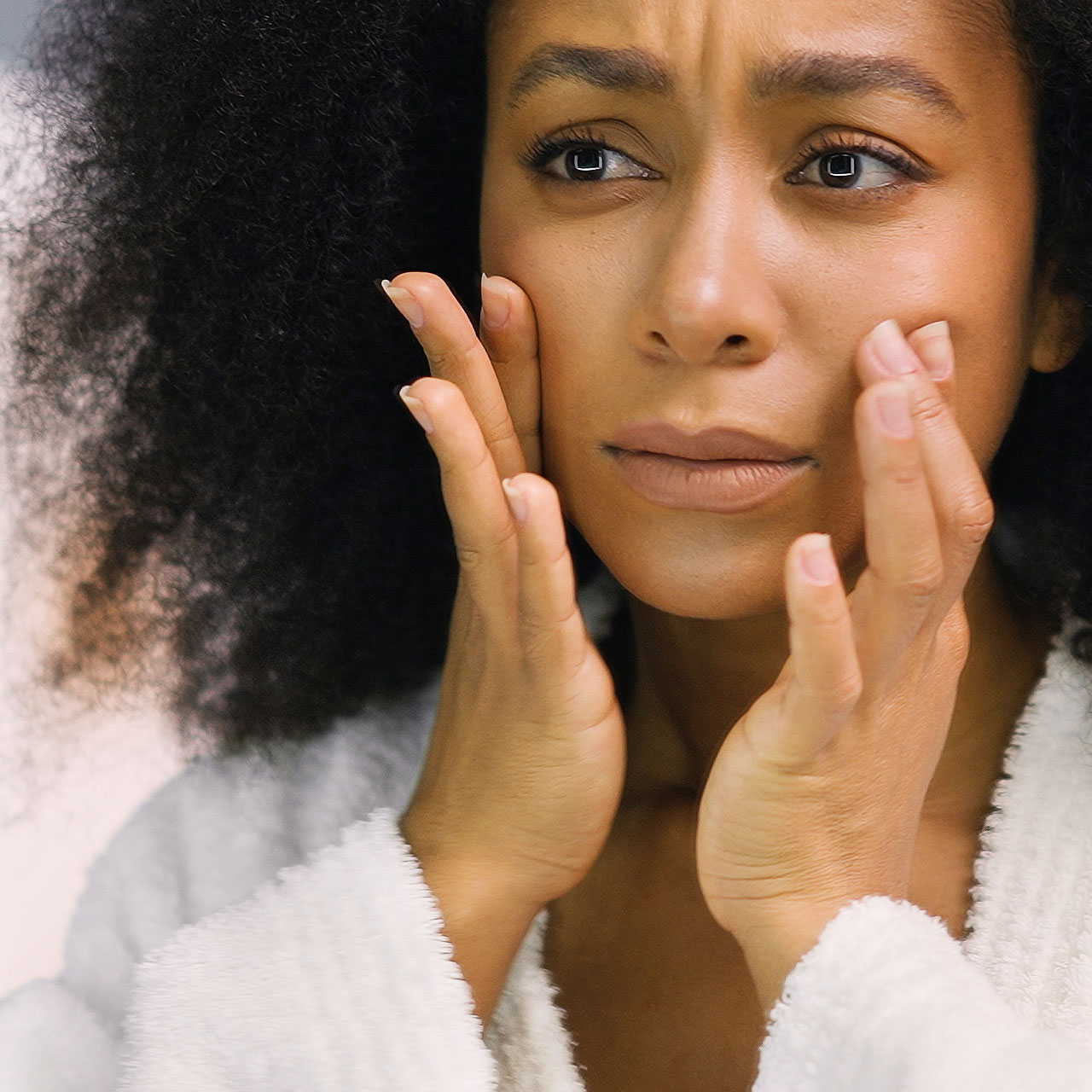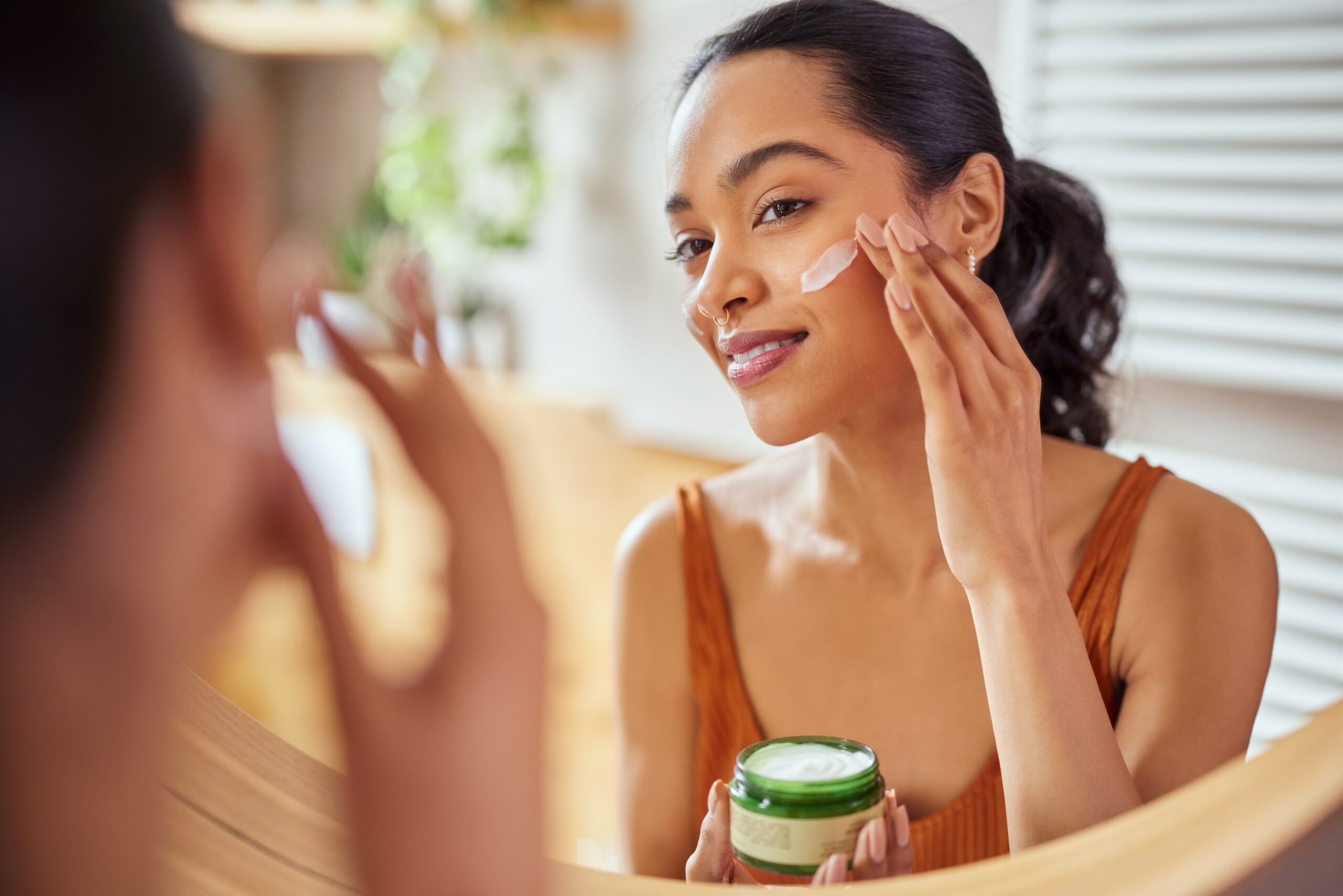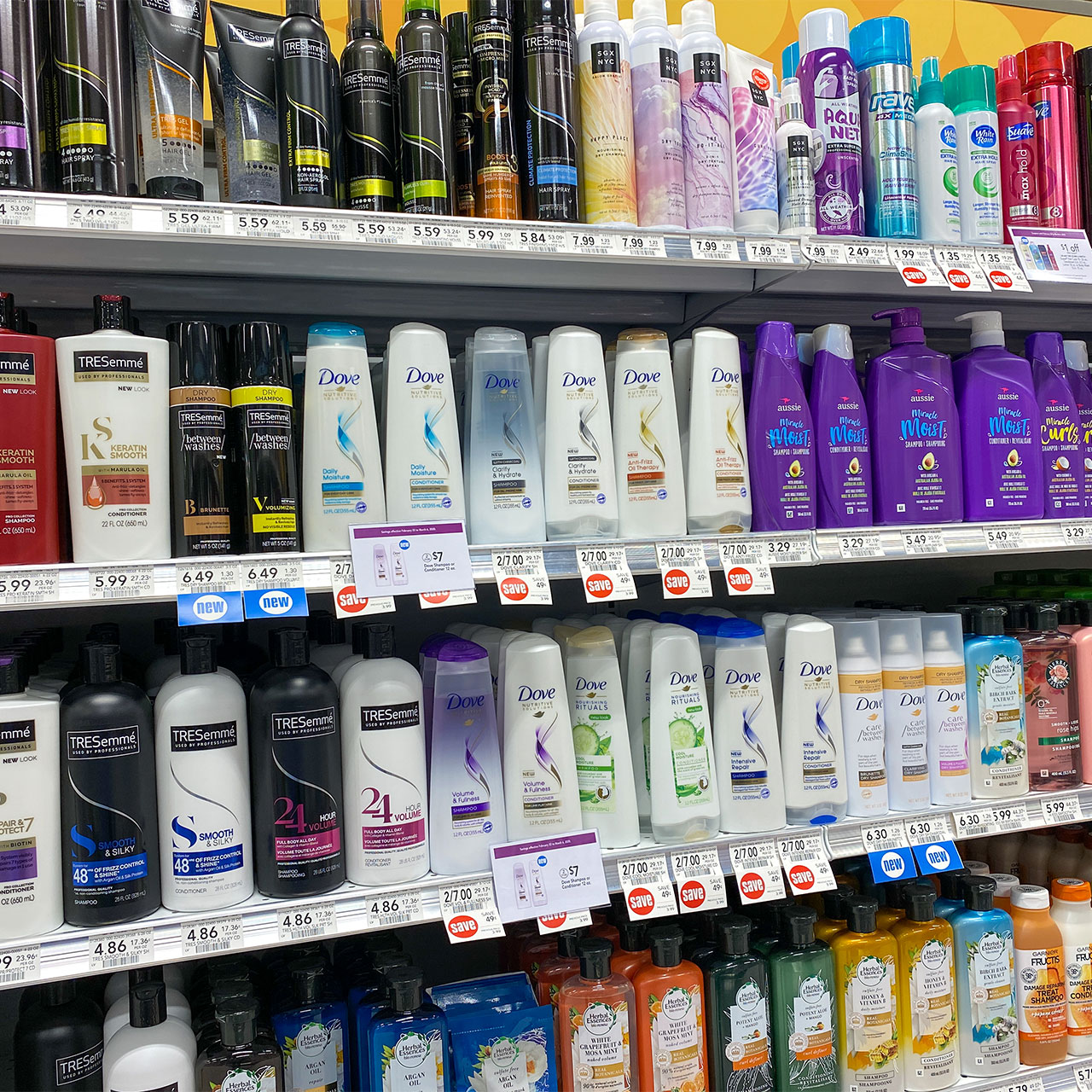Having thinning hair can be devastating to your confidence. While it’s normal to experience cycles of change in your hair’s texture and thickness, losing your hair in large and noticeable amounts is not only frustrating, but it could be a sign something is wrong on the inside. Like your skin, your hair is a window into your internal health. While it sometimes takes treatment of what’s happening on the inside to see results on the outside, there are some things that can help topically. The products you use everyday can play a role as well—using products that are safe for your already delicate hair, especially products that are designed to help with thinning, can be a support in your daily routine to promote healthy hair growth.

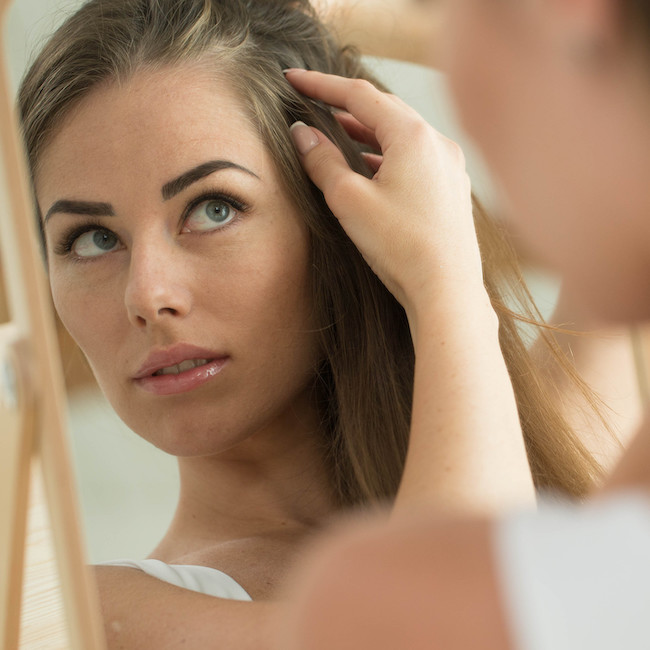
One thing you may have heard of as a treatment for hair thinning is minoxidil. While it was originally intended to be an oral medication for blood pressure, some have found that, when used topically, it can stimulate hair growth. “People use and recommend minoxidil because it increases the microcirculation to the hair follicle typically enhancing and elongating the growth cycle of the hair.” Says William Gaunitz, FWTS, certified trichologist and founder of Advanced Trichology. There are lots of serums on the market containing minoxidil that claim to reverse hair loss. But, there are some potential drawbacks to using it that you may not realize.
“[Minoxidil] does nothing to block the underlying reason for the loss. At best, it is masking the underlying symptoms by encouraging temporary, fuller hair growth,” Gaunitz explains, “The biggest drawback is that once you stop using minoxidil all of the hair that you grew due to the minoxidil will fall out unless you have blocked all of the underlying reasons for the hair loss.” As stated previously, your hair is a reflection of what’s going on inside your body. To get to the root cause, sometimes you have to look internally for a solution.

Everyone’s root cause is extremely individualized, but some of the more common ones Gaunitz sees are genetics, nutrition, and inflammation. Inflammation on the scalp is one thing many don’t realize could prevent hair growth, even if you are doing all the right things on the inside. Gaunitz notes that shampoos containing an antimicrobial active ingredient are especially helpful, and may help you get to the root cause more than minoxidil.
Your treatment plan for your hair loss will largely depend on your root cause. It may be overwhelming figuring out where to start when determining what potential cause to assess first. “I highly recommend that everyone take the quiz on Advanced Trichology to understand their core reasons for hair loss and get blood tests to see what nutritional issues they are dealing with so that they can support them completely with the proper nutritional supplementation and lifestyle changes.” Gaunitz says.
This is the first step in getting the full picture of what’s going on inside that could be contributing to your hair loss. However, before you make any major lifestyle changes or add a medication or supplement to your lifestyle routine, you should always consult with your doctor to make sure you’re making the right choice for your unique health needs.



